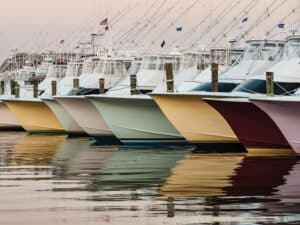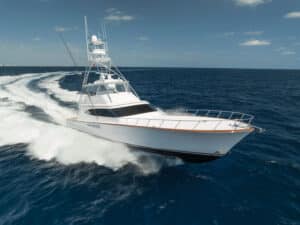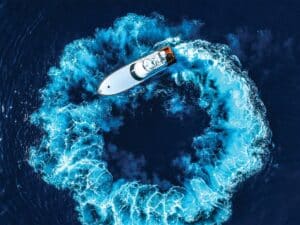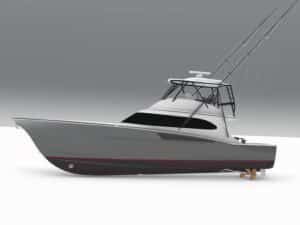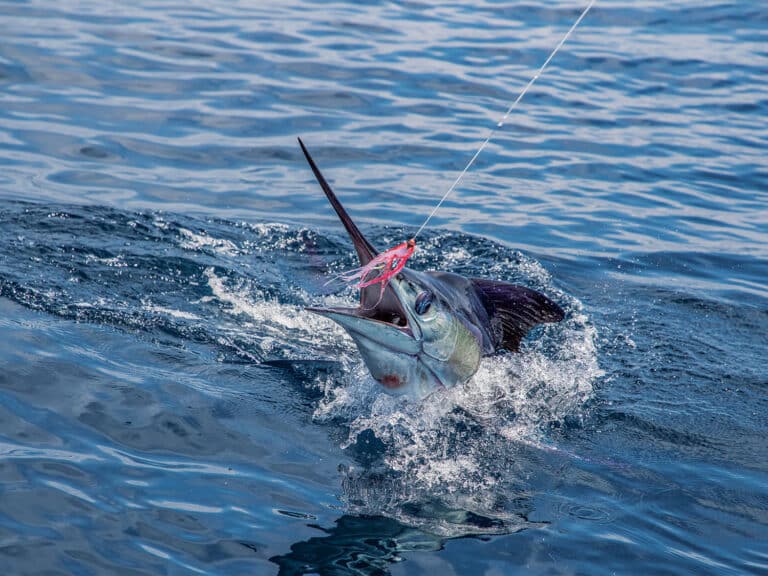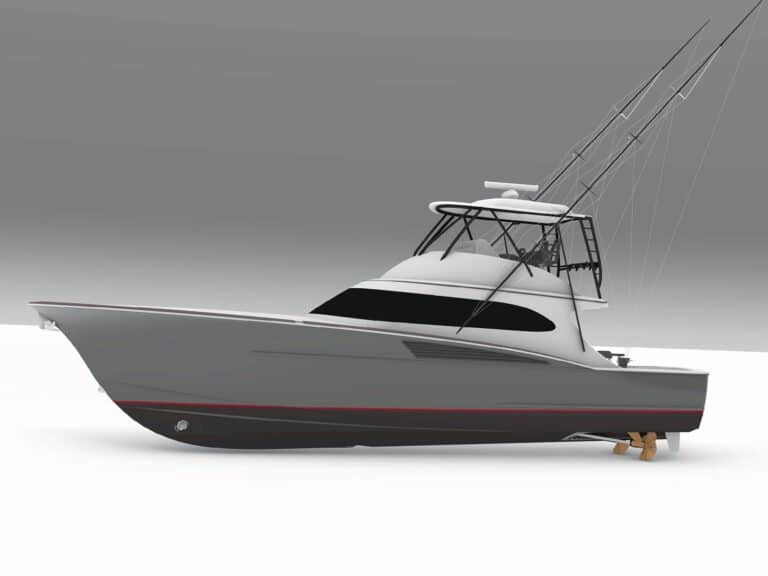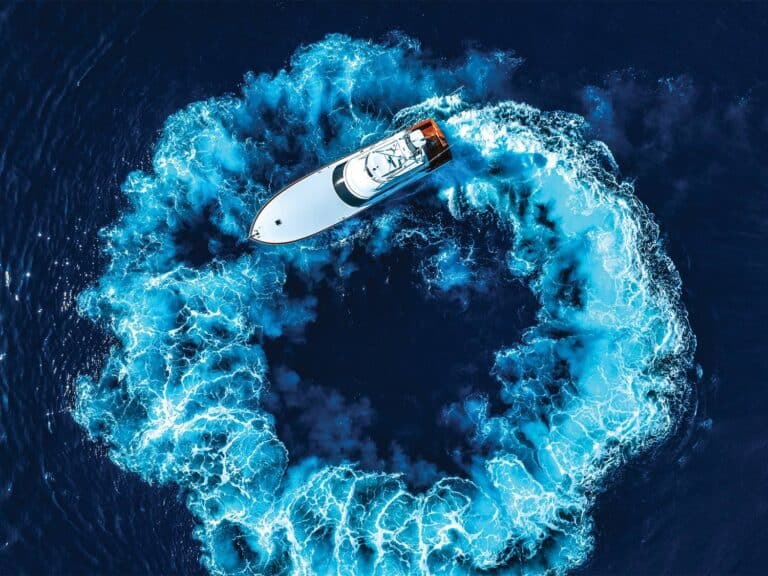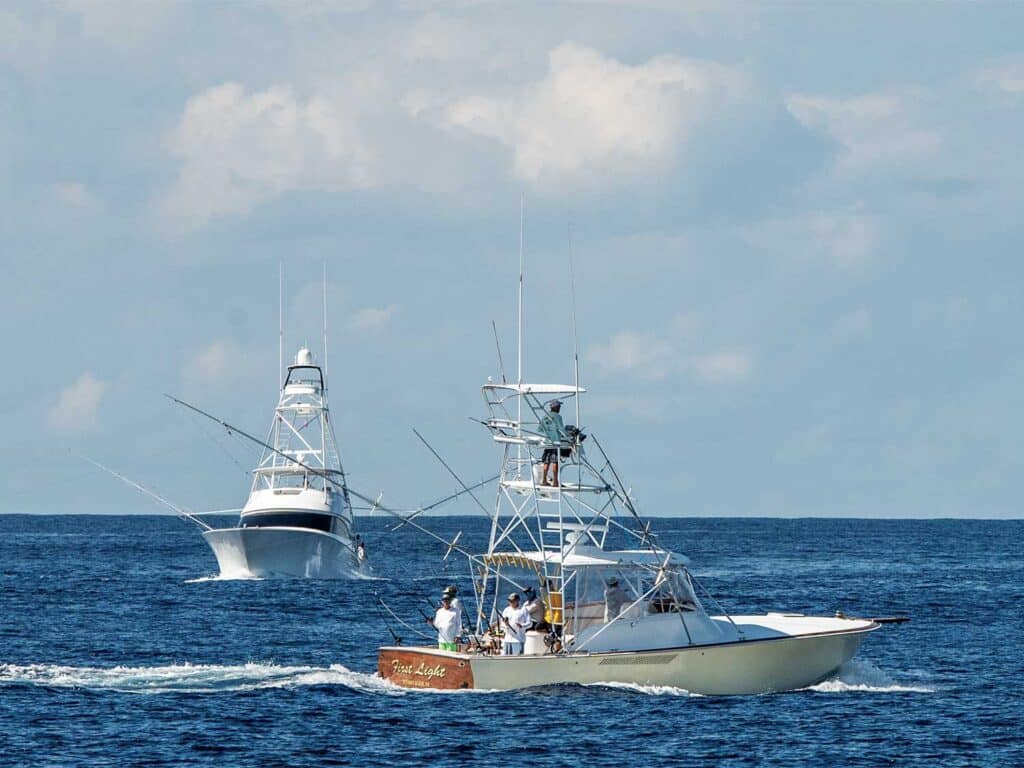
Special delivery: Sign up for the free Marlin email newsletter. Subscribe to Marlin magazine and get a year of highly collectible, keepsake editions – plus access to the digital edition and archives.
Purchasing a boat through a partnership is often discouraged, but some of my clients prefer it over solitary ownership. I regularly come across multimember-ownership structures while dealing with vessel transactions, and I have assisted with partnerships consisting of two, three, and even four individuals who share usage of a boat. The primary advantage of a partnership is the ability to split the costs of ownership and operation, but this benefit alone does not mean that it is the best option for everyone. There are many factors the individual partners should consider before making a final decision as to whether a partnership is right for them.
Understand the Costs
All individual members of a partnership need to have a clear and full understanding of the costs of vessel ownership before a purchase. It is easy to understand the purchase price of a vessel, but the other estimated costs of ownership should be communicated beforehand, including dockage, insurance, crew wages, and estimated annual maintenance. There must be transparency between members from the outset for a partnership to work long term. I often see partnerships with a mixture of experienced and novice owners, which can create a unique dynamic between the members.
It is also important for the members to agree on how the costs will be shared. It is often best to develop a contribution schedule that covers the regular costs of ownership plus additional funds for unanticipated repairs and expenses. Other costs may be the responsibility of the individual members depending on their level of usage. For example, it might be agreed upon that each member should pay their fuel expenses, daily mate and/or stew compensation, bait, food, beverages, etc.
Access to the Vessel
Perhaps the most important component of any partnership is how the members divide up the usage of the boat. This isn’t as significant in operations where the partners typically use the boat together, perhaps in tournaments or other sport-fishing applications, but it can be tricky when the usage is separate. For example, how do you split holidays, weekends, or perhaps the number of days of usage per month or quarter? Some of my clients make use of an online shared calendar where they can identify the days they prefer to use the boat throughout the year. While all partnerships might take a different approach, the members are typically able to develop a schedule that works for everyone.
Ownership Structure
The most common form of ownership structure for a partnership is through a limited liability company. An LLC offers several benefits, including low costs of formation, flow-through taxation, and liability protection of the members’ personal assets outside the company. Ownership in an LLC also allows existing members to transfer membership interest in the entity to new members rather than a share of the asset itself, which typically allows for the avoidance of sales/use tax.
An LLC’s operating agreement is also an ideal place to identify the governing rules and procedures for the entity. For example, this is where you identify the membership and management structure, details of shared usage, financial responsibilities of the members, buyout provisions, and the steps taken in the event of a member’s divorce or death. It is also important that the agreement specifies how the vessel and other assets are valued when the time comes for a partner’s share or membership interest to be transferred. An operating agreement can be as detailed and complex as the partners wish, but it is important that certain processes are covered to avoid conflict when a vessel is sold or a partner’s membership interest is transferred.
Read Next: Be sure you understand your marina contracts with this legal advice.
Insurance Complications
Another issue to consider when purchasing a boat in a partnership is the insurance. From what I have seen in recent years, marine insurance becomes progressively more difficult to obtain as the number of partners increases, especially if none of the members have substantial ownership history. This doesn’t necessarily mean that insurance is impossible to secure, but the partners should be prepared for potentially higher premiums with reduced coverages compared with a vessel with a single beneficial owner. I would certainly advise the members to discuss their options and the current insurance markets with an agent before purchasing a vessel.
From my experience, all partnerships start favorably, but friction between the partners can occur when unexpected costs arise or when one of the members wishes to withdraw. Frankly, it can be difficult to have a partnership without some members getting more benefit out of the arrangement than others. All of my clients who have enjoyed their partnerships took the proper steps before the purchase of the vessel to ensure that the members had reasonable expectations and a full understanding of the structure of the arrangement.
Raleigh P. Watson is a contributing author, and a Partner at Miller Watson Maritime Attorneys.
